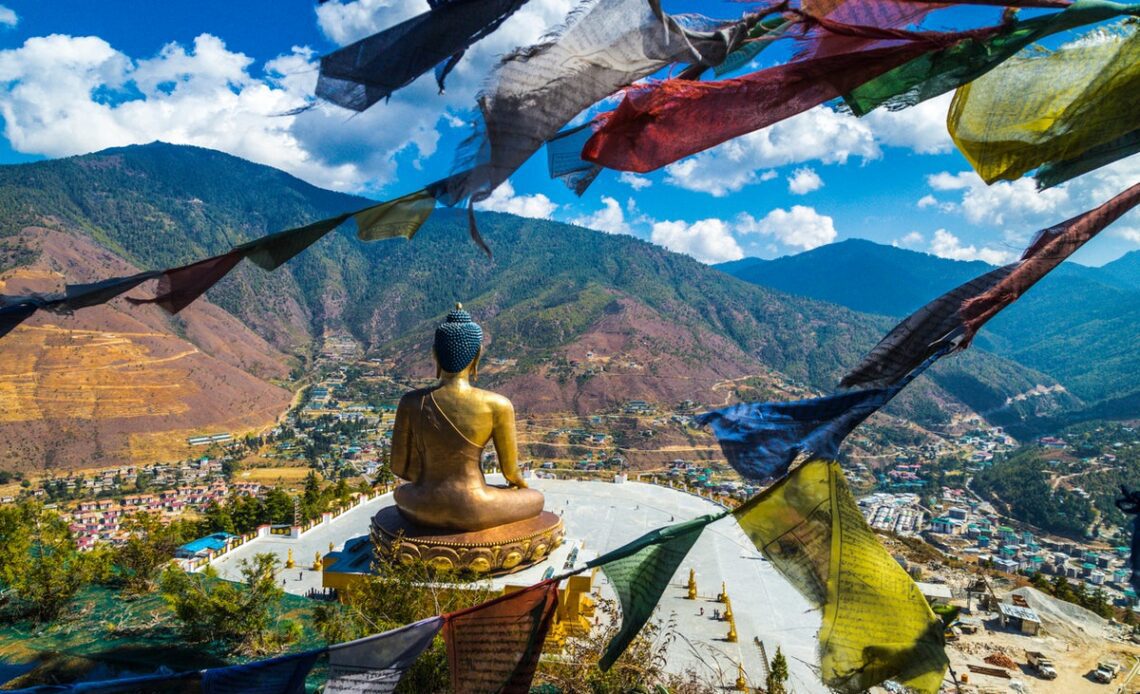Bhutan is raising its government “tourism tax” by more than 300 per cent ahead of the country’s reopening to visitors in autumn 2022.
When the country reopens in September, tourists will have to pay a “Sustainable Development Fee” (SDF) of $200 (£167) direct to the government.
Previously, visitors to Bhutan had to pay the government $65 (£54) – part of a larger a daily fee of $250 (£209), which also included basic accommodation and a guide.
This Minimum Daily Package Rate (MDPR) was part of a “high quality, low volume” tourist initiative to help keep tourism sustainable in the small, nature-packed country, which is known for treks to its beautifully situated temples.
From 23 September – the date the country plans to reopen to tourism – holidaymakers must pay $200 to the Bhutanese government on top of arranging their own accomodation and tours.
The move was announced in a joint statement by the Royal Government of Bhutan and the Tourism Council of Bhutan on 29 June.
It said that the change in fee is part of a wider “revamp” of its tourism offering, which will focus on three areas: infrastructure, the tourist experience and the sector’s impact on the environment.
“Covid-19 has allowed us to reset — to rethink how the sector can be best structured and operated, so that it not only benefits Bhutan economically, but socially as well, while keeping carbon footprints low,” said Dr Tanji Dorji, Bhutan’s foreign minister and chairperson of the Tourism Council.
“In the long run, our goal is to create high-value experiences for visitors, and well-paying and professional jobs for our citizens.”
“By doing away with the MDPR, greater flexibility will be afforded to both tourists and service providers,” insisted the Tourism Council in a statement.
“We believe the current SDF will put us in good stead to mitigate climate change and maintain carbon neutral tourism.
“The SDF will be channelled towards activities that offset carbon footprint and maintain the carbon sinks in Bhutan through the replanting of trees.
“It will also be used to reduce the country’s reliance on fossil fuels by, for instance, enhancing its hydropower capacity and electrifying its transport sector.”
The new fee will be applicable to all international visitors except Indian nationals, who will have their own fee “to be confirmed at a later date”.
Bhutan didn’t open to tourism until 1974, when its government decided that income from international visitors -…
Click Here to Read the Full Original Article at The Independent Travel…
